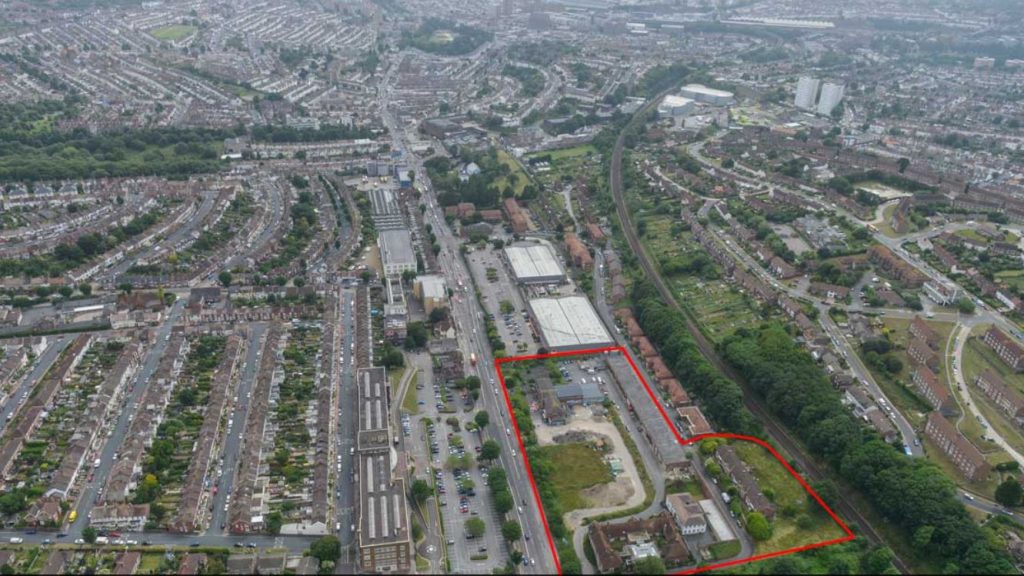The University of Brighton with Brighton and Hove City Council, Coast to Capital, the Local Enterprise Partnership (LEP) and U and I Group PLC, are currently delivering a pilot scheme for the disused Preston Barracks, named FIELD, which offers a temporary home to some of the most innovative start-ups in Brighton.
Creating a Northern gateway in to the city, and supporting entrepreneurial makers, inventors, engineers and product designers with the use of a diverse workspace.
The 2.2 hectare Preston Barracks site, on the main Lewes Road, is an ‘urban gateway’ to the city from the ‘Academic Corridor’ (close to Brighton and Sussex Universities).
The objective of this scheme is to use the experience of curating FIELD to learn as much as possible about what businesses want the project to provide; in terms of workspace, equipment and community.
FIELD has three key criteria. The companies they host must have the following:
1. A vision to create a sustainable business that designs and/or makes physical products
2. A vision to grow that business (not necessarily to take over the world, but to create multiple valuable jobs)
3. A commitment to high quality of design, engineering and/or craftsmanship
As stated above, there is a preference for pioneers in construction design and technology.
About the development
In July 2014 the University of Brighton exchanged contracts with Brighton and Hove City Council to bring forward the development of Preston Barracks, a significant mixed-use regeneration scheme for the city.
The £150 million GDV scheme is part of a wider regeneration project that is set to radically transform this part of Brighton and further establish the University at the centre of Brighton’s economic life, attract enterprising and hi-growth companies and increased international investment into Brighton and Hove.
Proposals for the 2.2 hectare site would see development of the Preston Barracks site, the University’s Moulsecoomb campus and adjoining University land comprising 350 new homes, 1,316 student beds, new academic buildings, and 25,000 sq. ft. of retail space with an expected net economic benefit of £450 million over 10 years.




